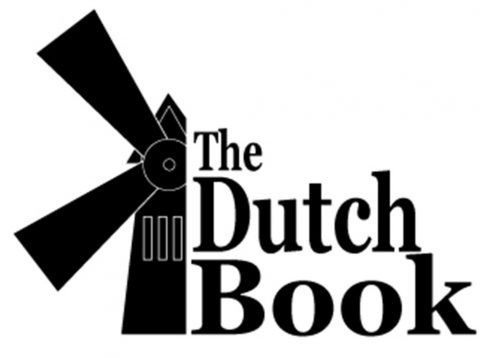Definition of ‘Dutch Book Theorem’
A type of probability theory that postulates that profit opportunities will arise when inconsistent probabilities are assumed in a given context and are in violation of the Bayesian approximation. The assumed probabilities can be rooted in behavioral finance, and will be a direct result of human error in calculating the probability that an event will occur.
About the Author
Jason Pfaff combines a sophisticated mathematical skill set and quantitative approach with well researched macro outlooks to produce insight, forecasts and products used by forex and commodity options traders all over the world. Jason has followed markets and developed forecasts for various asset classes for 10+ years, with most of his time focused on forex and oil. He specializes in detecting nonlinear risk-return relationships, primarily as a function of asymmetric increases in volatility, and quantifies the impact of their ability to drive cross asset market correlations while also building mathematical simulations of future market events and patterns to accurately model complex probability distributions with the intent of guiding successful exotic options trading strategies. As an independent analyst, he currently has a special focus on binary options, oil, economic events, elections and forex.
Jason develops forecasts and investment angles by creating an ensemble of predictive models and mathematical simulations trained on data by leveraging a variety of statistical learning techniques including, neural network, logistic regression, autoregressive integrated moving average (ARIMA), exponential smoothing, Bayesian network models, and Markov Chain Monte Carlo. Jason then takes mathematically derived insights and aligns them with a forward looking fundamental analysis to deliver his radically independent brand of predictive insight. Jason is currently focused on using mathematical concepts from Bayes’ theorem, sophisticated statistical learning approaches and evolutionary game theory to properly analyze and price volatility and provide research on the opportunity it provides a trader in binary options markets.
Jason has provided forecasts and analysis for a variety of clients including independent traders, multi-national Fortune 500 companies, Private Equity firms and investment groups. Jason also has supplied forecasts for The Intelligence Advanced Research Projects Activity (IARPA), which is an organization within the Office of the Director of National Intelligence responsible for breakthrough innovation, where he was trained in cutting edge approaches to data, intelligence gathering and forecasting techniques across the geo political realm. He quickly developed a reputation for accurately predicting energy prices, GDP and other economic indicators, election results, and future forex rates for countries all over the world for the cutting-edge government agency.
Jason is also a best-selling author and is recognized as having broken new ground with respect to applied math, forecasting and predictive analytics in multiple sectors and he has demonstrated success in a wide spectrum of situations and for a variety of clients, in both up and down markets. A lifelong educator, Jason’s aim is always to take highly technical subject matter and make it widely accessible to very diverse audience. A native of Oklahoma (which explains his love of college football, BBQ and oil markets), he holds a Bachelor of Arts from Saint Gregory’s University, in addition to an MBA.
Methodology
Jason combines sophisticated mathematical modeling with deeply researched fundamental analysis to build forecasts and provide insight for derivative traders and curious minds everywhere. Jason uses the statistical programming language R to build models and is happy to provide the code via his Github page or via email.

